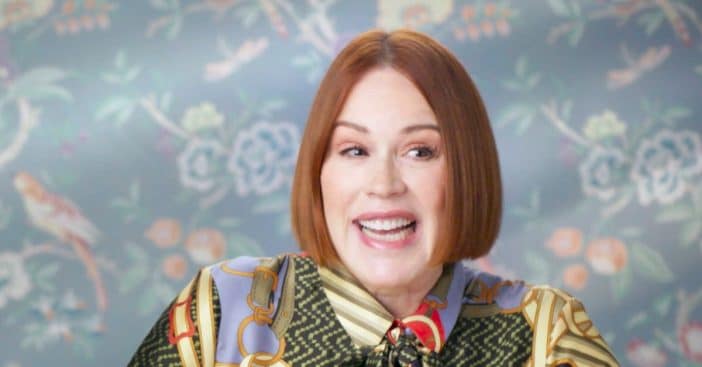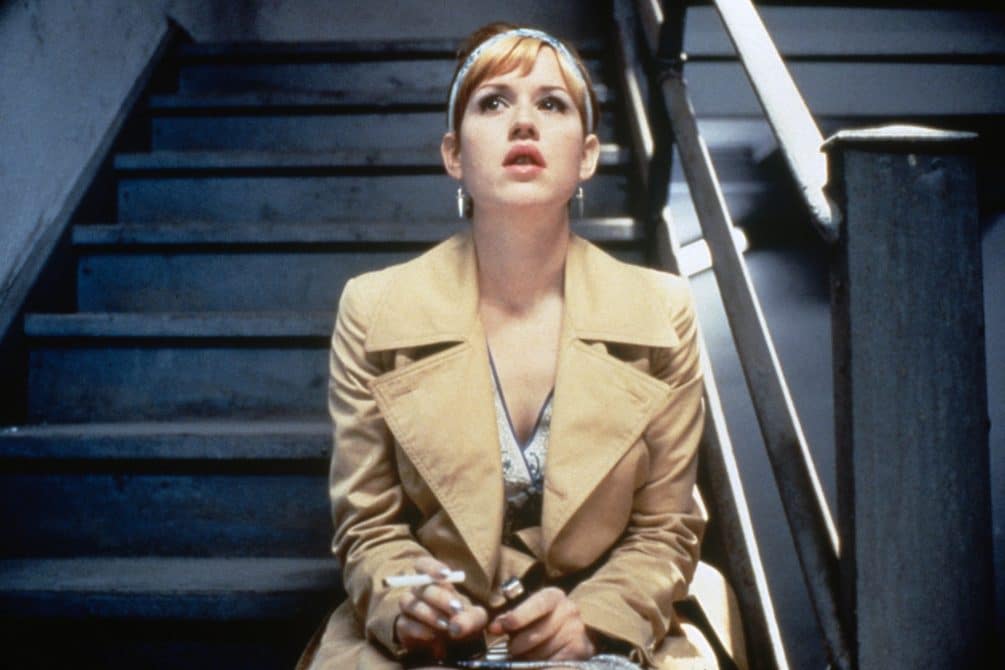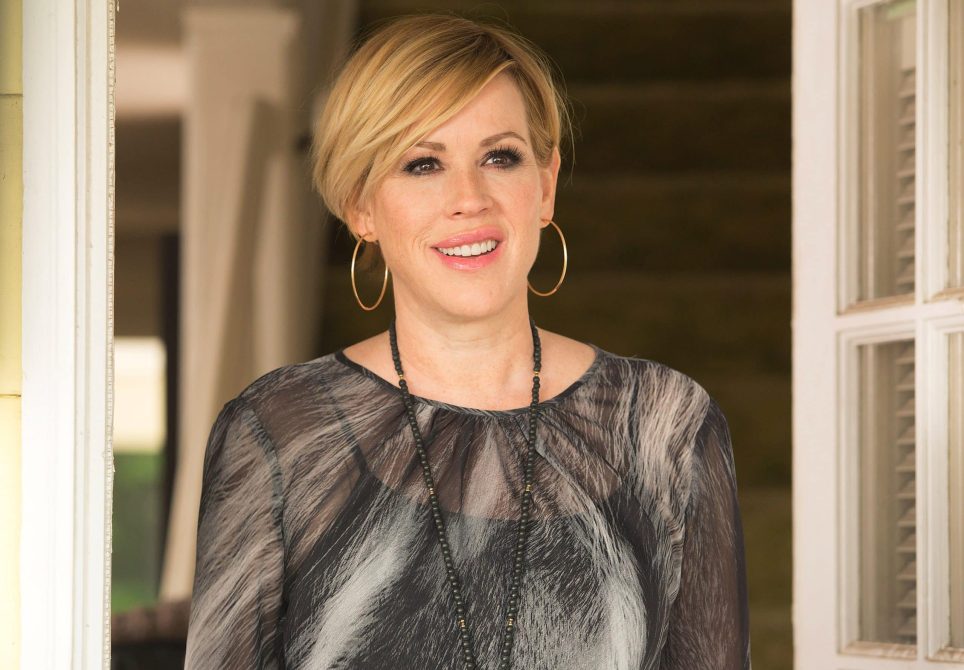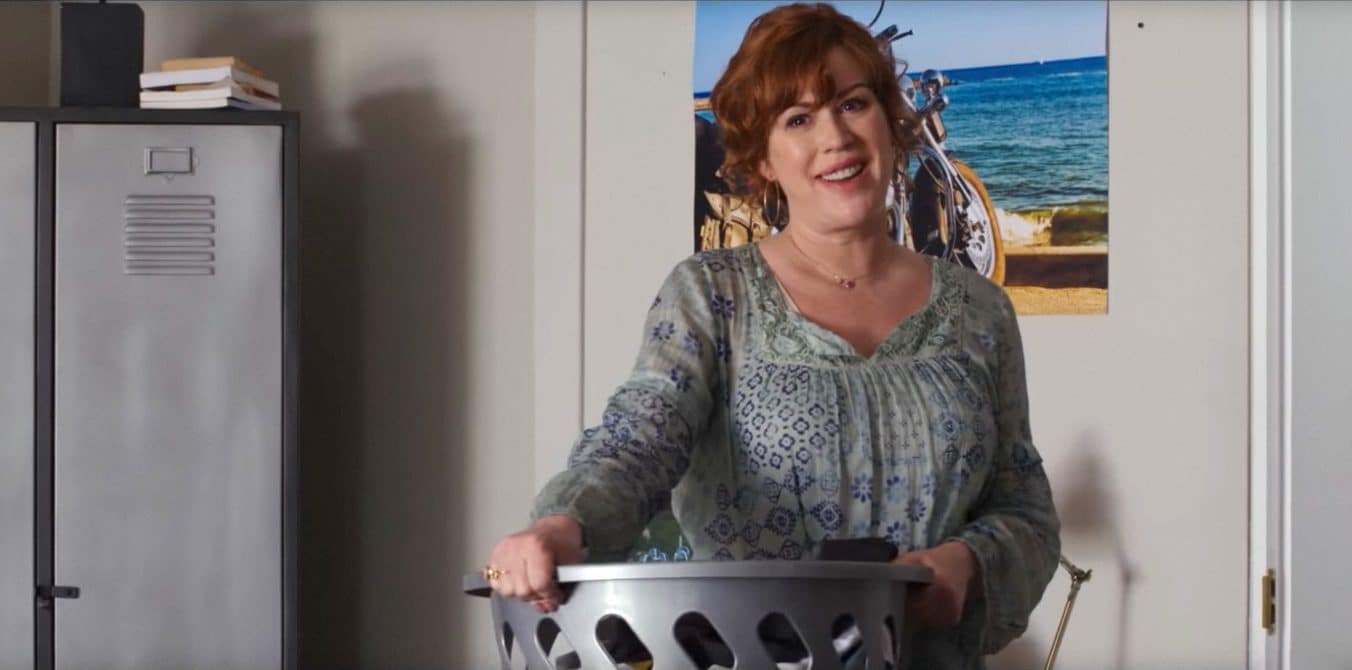
Molly Ringwald has joined the chorus of voices speaking out against cancel culture. The actress referred to cancel culture as “unsustainable” while echoing the concerns of many who believe that the movement has gone too far in its efforts to hold individuals and organizations accountable for their actions.
The 55-year-old recently revealed her perceptions about the #MeToo movement and sexual harassment in the entertainment industry in an interview with The Guardian. “I don’t think a Harvey Weinstein situation could exist now. But, again, a lot of people have gotten swept up in ‘cancellation,’ and I worry about that,” Ringwald stated, “It’s unsustainable, in a way. Some people have been unfairly canceled, and they don’t belong in the same category as somebody like Harvey Weinstein.”
Molly Ringwald reveals that she could not cope well with fame

The actress, who became prominent for her roles in The Breakfast Club and Sixteen Candles, revealed that she felt uncomfortable with the level of stardom she had attained during that period of her career. In a recent interview, Ringwald discussed the pressures and expectations that came with being a young star and how they impacted her sense of self and identity. Despite her success, she noted that she struggled to find her place in the industry and to navigate the complexities of fame.
RELATED: Molly Ringwald Opens Up About How Living Her Teenage Years In The Spotlight Affected Her
“It’s hard to grow up under that. I don’t want to overdo this – and boohoo, I fully recognize my privilege – but I needed to get out from under all that scrutiny. I just wasn’t cut out for it in a way that certain other people are,” she said. “Some people are really good at it. Taylor Swift is amazing! But I didn’t feel comfortable with that level of stardom.”

The actress says she could not relate with most of her characters
The actress further disclosed that even though she had become a household name, she did not feel a strong connection to the characters she portrayed on screen. “I was projected as this perfect, sweet American girl next door. Which wasn’t me, but I was figuring out who I was, too,” Ringwald said. “I was pretty young.”

Ringwald also discussed the challenges of balancing her personal identity with the expectations of Hollywood. She noted that while her characters were relatable to many young people at the time, she struggled to find a sense of authenticity in her performances. “I didn’t really feel like darker roles were available to me,” Ringwald said. “The ones that I wanted to do, I didn’t get. I was too young for certain roles. I was at this weird in-between stage.”
